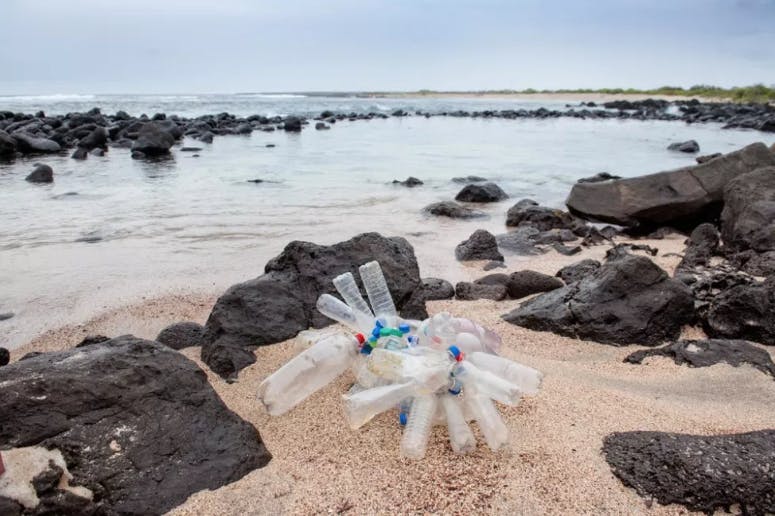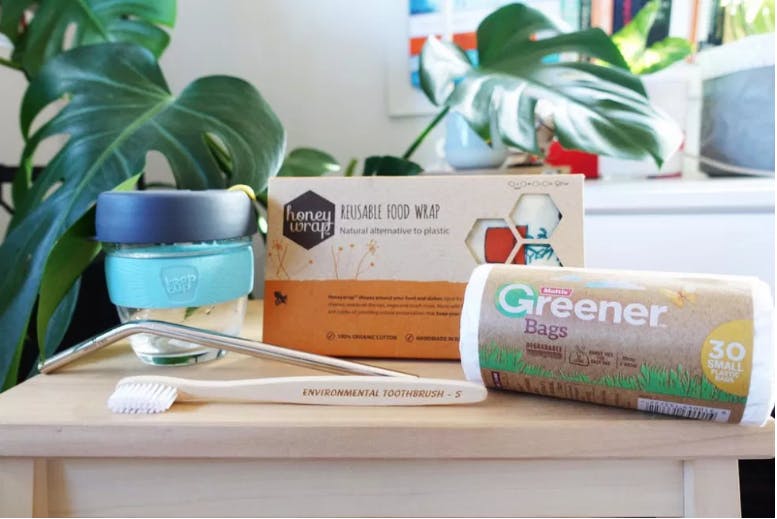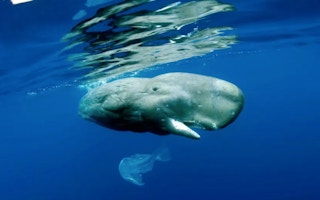The problem: our wasteful model of consumption.
Countless times, I have been shocked and dismayed at supermarkets because of the cashier’s reckless use of plastic, double bagging, or using a bag per item.
Recent studies show that in Singapore, an average person uses 146 bags from supermarkets alone; this is clearly extreme — and unsustainable.
Plastic, the cheap and ubiquitous material we use every day, the very bedrock of modern society, is now a global crisis.
Today, 18 per cent of tuna and swordfish and 90 per cent of the world’s seabirds have fragments of plastic in their stomach. By 2050, there will be more plastic than fish in the ocean.
Why are we using so much plastic in our daily lives?
Strong and versatile, plastic exists because we want convenience at a low price. If we were to remove it from our life, we would have to get rid of almost everything we wear, live in, or work with. Plastic protects products from damage and contamination and preserves food better than any other material.
But, plastic is not the villain. The problem is our wasteful model of consumption.

Added to this is the sheer volume of plastic under production. According to current estimates we produce 3 million plastic bags and bottles per minute.
For instant gratification, we are rapidly producing and consuming plastic at a rate that will leave a toxic plastic legacy on earth. As it is incredibly durable, plastic does not decompose, which means it will continue to be in our food, water and air for the next 400 years, or 16 generations.
But there is hope.
We need to change the way we think about plastics— and look at it as a resource with value.
In my conversations with companies, it is evident that there is a strong will to make the change, to rethink existing business models and innovate but like all things, the changes are easier to make if companies come together and pool their knowledge and experience.
WWF recognises this and is bringing businesses together under PACT: a Plastic ACTion commitment to stop excessive and unnecessary plastic production and ensure existing plastic is effectively recovered and recycled.
WWF’s PACT commitment asks companies to sign up to bold and ambitious targets:
- Ensure no new plastics enter nature. We ask companies to eliminate unnecessary plastic items that are unrecyclable by 2022 and to eventually move towards 100 per cent phasing out of all unrecyclable single use plastic.
- Invest in recycled material and the collection of plastics. We want companies to move to 100 per cent reusable or recyclable product and packaging by 2020.
- Drive net positive impact for the environment by committing to collecting more plastics from nature than they produce by 2030.
- Fund research and innovation that leads to better waste management, the collection of plastics or alternative materials.
How can your business make an im-PACT?
The ambition of PACT is to disrupt the existing linear system of excessive and wasteful consumption, and in place of it, set up a circular economy that is regenerative and restorative by design. Our targets are deliberately demanding and mutually reinforcing making companies responsible for the entire life cycle of plastics, from packaging to recovery.

We need to change the way we produce, source and design products and packaging. We also need to find new materials that have all the good benefits of plastics but none of the negative impact. Most importantly, we want to do it together and make them available for every one.
Take the first step
On 4th December, I, together with my WWF colleagues and Eco-Business, will host 40 companies across Retail, Hospitality, F&B and the Manufacturing sector for our first roundtable on PACT.
We will put our collective minds together to examine the challenges and obstacles and outline actionable plans to achieve our targets.
I believe plastics represent not just a risk but also an opportunity. Recycling is a sector ready for growth and investment — fully developed, it can lead to improved city infrastructure and many employment opportunities.
We understand the difficulties ahead. Sometimes hard choices need to be made and they are a lot easier if we do it together.
Lotika Mehta is the campaigns manager at World Wide Fund for Nature (WWF) Singapore. This article was first published on blog.wwf.sg.











